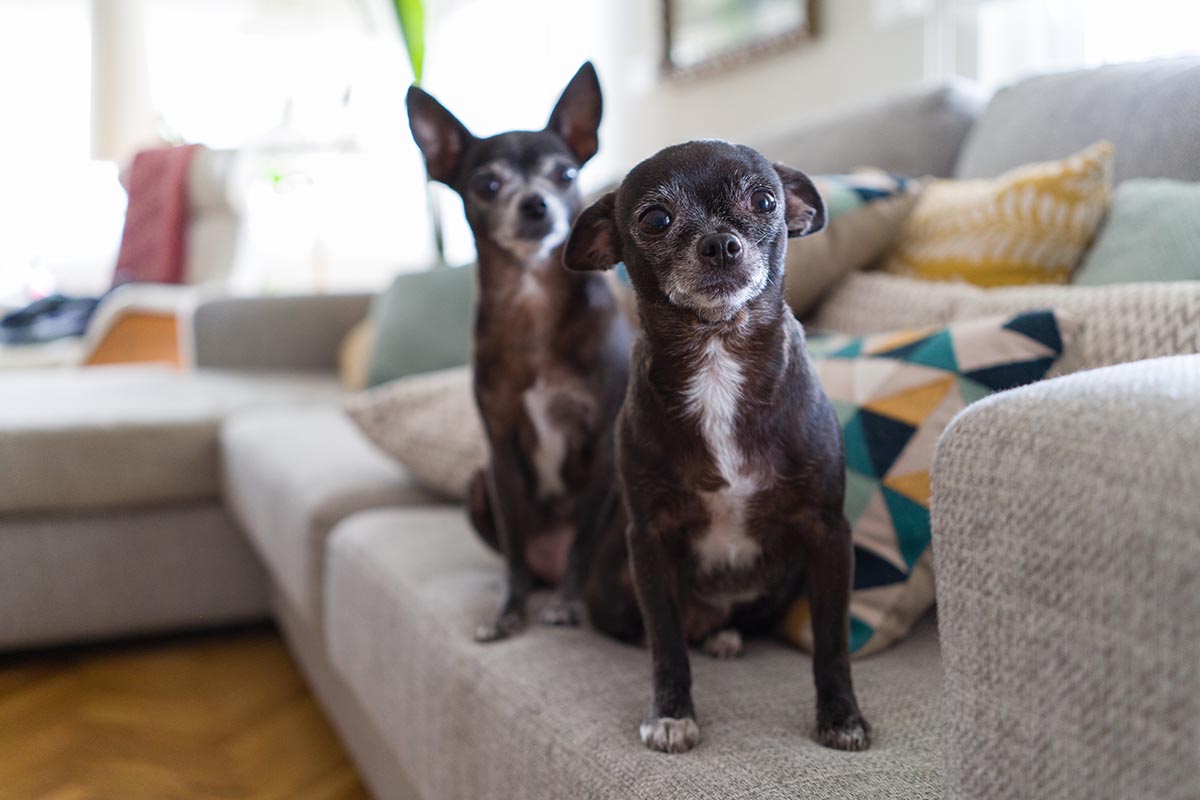A Comprehensive Guide to Senior Pet Wellness
As our beloved pets enter their senior years, their care needs can change significantly. Understanding and adapting to these changes is key to ensuring a happy and healthy life for your aging companions. This blog aims to provide you with essential insights and guidance on senior pet wellness. Whether you have questions, need more information, or want to schedule an appointment for your senior pet, Whitney Veterinary Hospital is here to help. Let’s explore how you can best support your pet during their golden years.

Understanding Senior Pet Health
What Defines a Senior Pet?
Senior pets are generally those that have reached the last third of their expected lifespan. This varies between species and breeds. Smaller dogs might be considered senior at around 10-12 years, while larger breeds might reach this stage by 6-8 years. Cats are usually considered seniors from around 11 years of age.
Common Health Changes in Senior Pets
As pets age, they may face various health challenges. These can include decreased mobility due to joint problems, weight gain or loss, changes in hearing and vision, and a higher risk of diseases like diabetes, kidney issues, or dental problems. It’s important to closely monitor any changes in behavior or physical condition.
Regular Veterinary Check-ups
The Importance of Regular Vet Visits
Regular check-ups are vital for senior pets. These visits allow veterinarians to monitor ongoing health, identify any new concerns early, and manage existing conditions effectively. A typical senior pet check-up might include a physical examination, blood tests, urine tests, and discussions about diet and lifestyle changes.
Tailoring Health Plans for Your Senior Pet
Each senior pet has unique health needs. During your visit to Whitney Veterinary Hospital, we’ll work together to create a personalized health plan. This plan may include dietary recommendations, exercise routines, and necessary medications or supplements.
Nutrition and Diet
Nutritional Needs of Senior Pets
As pets age, their dietary needs can change. They may require fewer calories, more fiber, or specific nutrients to support joint health and cognitive function. It’s important to choose a diet that’s specifically formulated for senior pets.
Tips for Feeding Your Senior Pet
Maintaining an ideal weight is crucial. Overweight pets can suffer from joint stress and other health issues, while underweight pets may have underlying health problems. Monitor your pet’s weight regularly and adjust their diet as needed.
Exercise and Mobility
Keeping Your Senior Pet Active
Exercise is essential for senior pets, but it should be tailored to their abilities. Shorter, more frequent walks might be better for older dogs. For cats, encourage gentle play to keep them moving.
Managing Mobility Issues
If your pet struggles with mobility, there are many ways to help. Orthopedic beds can offer comfort, and ramps can assist pets in getting up to higher places. Talk to Whitney Veterinary Hospital about other ways to support your pet’s mobility.
Mental Health and Stimulation
Cognitive Health in Senior Pets
Mental health is just as important as physical health. Senior pets can experience a decline in cognitive function, leading to confusion or changes in behavior. Engaging them in gentle, stimulating activities can help maintain their mental sharpness.
Creating a Stimulating Environment
To support your pet’s mental health, keep them engaged with their environment. Use toys that stimulate their senses and spend quality time interacting with them. For cats, window perches or safe outdoor enclosures can offer new sights and sounds.
Acupuncture for Senior Pets
Acupuncture, a traditional therapy adapted for veterinary care, is especially beneficial for senior pets facing conditions like arthritis and mobility issues. At Whitney Veterinary Hospital, we provide tailored acupuncture sessions, focusing on pain relief and improved mobility. These gentle, non-invasive treatments complement your pet’s overall wellness plan, often leading to noticeable improvements in comfort and activity levels. For more information or to explore how acupuncture can benefit your senior pet, our team is ready to assist.
Comfort and End-of-Life Care
Making Your Senior Pet Comfortable
Comfort is key for senior pets. Ensure they have a warm, quiet place to rest, away from busy areas of the home. Regular grooming and nail trims also help maintain their comfort.
Discussing End-of-Life Care
While it’s a difficult topic, discussing end-of-life care is important. Whitney Veterinary Hospital can guide you in making decisions that are best for your pet and your family, ensuring your pet’s comfort and dignity in their final days.
Final Thoughts
Caring for a senior pet can be a rewarding experience, offering a chance to give back some of the love and loyalty they’ve shown us throughout their lives. If you have concerns or need advice about your senior pet’s health and wellness, Whitney Veterinary Hospital is here for you. Call us at (309) 685-4707 to schedule an appointment or to get more information on how to best care for your senior pet.
